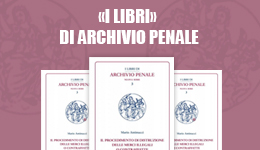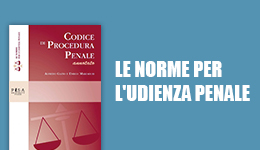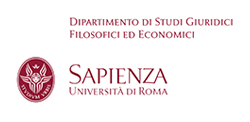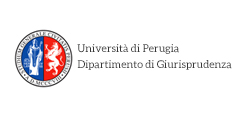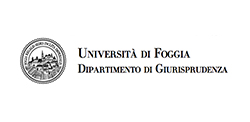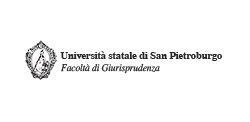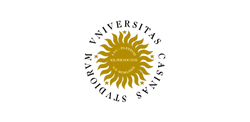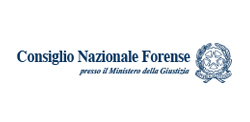Overturning the acquittal e rinnovazione istruttoria: tra “vecchie” asimmetrie e “nuove” prospettive di riforma
Archivio Penale
© dell'autore 2021
Ricevuto: 22 July 2021
| Accettato: 30 July 2021
| Pubblicato: 02 August 2021
L’intero articolo è disponibile
Riassunto
Una recente sentenza della Corte EDU ha affermato come, in caso di overturning del proscioglimento pronunciato a seguito di giudizio abbreviato, la necessità del contatto diretto tra giudice e fonte di prova dichiarativa non sia convenzionalmente imposta. La decisione ha fatto riaffiorare i dubbi già in passato espressi dalla dottrina in merito al differente orientamento assunto dalle Alte Corti nazionali, fermo nel ritenere operativa, anche in tal caso, la rinnovazione dell’istruttoria ex art. 603, comma 3-bis, c.p.p. Il saggio, prendendo spunto dall’arrêt europeo, si interroga sulle sorti dell’istituto alla luce delle prospettive delineate nello schema di legge delega proposto dalla “Commissione Lattanzi”.
Overturning the acquittal and hearing’s renewal: between "old" asymmetries and "new" reformative perspectives
A recent judgment of the European Court of Human Rights has stated that, in the event of overturning of the acquittal pronounced following a simplified and shortened proceedings, the need for direct contact between the judge and the source of declaratory evidence is not conventionally imposed. This statement has brought to the surface the doubts already expressed in the past by the doctrine regarding the different orientation taken by the National High Courts. Said orientation has been always firm in considering it essential to proceed with the renewal of the hearing pursuant to art. 603, paragraph 3-bis, of the Italian Criminal Procedure Code, also in case of simplified and shortened proceedings. The present essay moves from the above-mentioned ECHR judgement and questions the fate of the institute in the light of the perspectives outlined in the enabling law draft proposed by the "Lattanzi Commission".
Percorso di valutazione
Peer reviewed. Certificazione della qualità


